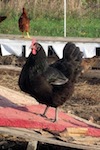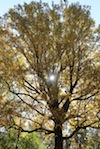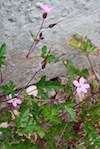 We all contribute to dinner, and this tends to be my favorite part — us huddled in the kitchen to chop ingredients while talking over the week’s events. Often our time in the dining room lasts much of the evening, and this lingering always helps me to catch my breath. I’m consistently aware of how something as simple as laughter between good friends can melt away the stress of the day.
We all contribute to dinner, and this tends to be my favorite part — us huddled in the kitchen to chop ingredients while talking over the week’s events. Often our time in the dining room lasts much of the evening, and this lingering always helps me to catch my breath. I’m consistently aware of how something as simple as laughter between good friends can melt away the stress of the day. We all contribute to dinner, and this tends to be my favorite part — us huddled in the kitchen to chop ingredients while talking over the week’s events. Often our time in the dining room lasts much of the evening, and this lingering always helps me to catch my breath. I’m consistently aware of how something as simple as laughter between good friends can melt away the stress of the day.
We all contribute to dinner, and this tends to be my favorite part — us huddled in the kitchen to chop ingredients while talking over the week’s events. Often our time in the dining room lasts much of the evening, and this lingering always helps me to catch my breath. I’m consistently aware of how something as simple as laughter between good friends can melt away the stress of the day.
































